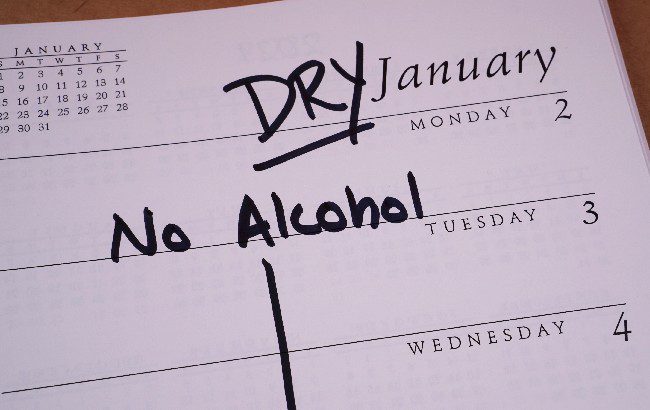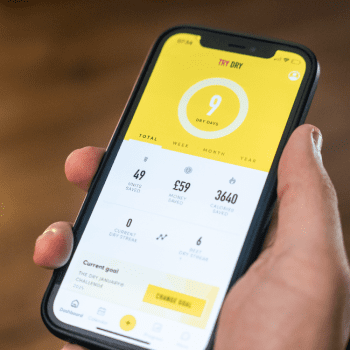Dry January: 15.5m Brits to go booze-free
Research by Alcohol Change UK has revealed 29% of the UK is planning to take part in the charity’s Dry January challenge.

The data suggests that 15.5 million Brits will have an alcohol-free start to the year, with almost one in 10 (9%) saying they intend to prioritise improving their relationship with alcohol in 2025.
The Dry January challenge, created and trademarked by Alcohol Change UK, sees people go without alcohol for 31 days, with top motivators for those attempting a break from booze being a desire to save money (24%), followed by better sleep (18%), and losing weight, improving fitness and overall health (all 16%).
This comes after almost a quarter (23%) of Brits who drink say they have drunk more alcohol this year than in 2023.
More men (35%) than women (22%) report drinking above the low-risk drinking guidelines of 14 units per week in the last six months. This may explain why more men than women are planning to take a break from alcohol in January 2025 (32% men compared to 26% women).
Dr Richard Piper, CEO at Alcohol Change UK, said: “More of us are connecting the dots between the alcohol we drink and the impact it has on our health, wellbeing and quality of life. From poor sleep, headaches and hangovers, to spending more money than we’d like or struggling at work or in our relationships, our research provides a strong picture of the reasons why so many of us are ready to rethink our relationship with alcohol.”
Among those who have ever drunk alcohol, the findings reflect increasing awareness of alcohol’s impact on their health and lives.
More than a third (34%) think alcohol negatively impacts their physical health, while a third believe it affects diet (33%), fitness (32%), energy levels and sleep quality (30%), and mental health (24%).

On average, more than one in 10 say alcohol negatively affects their relationships with family (15%), friends (13%), or partners (13%).
According to research by the Royal Free Hospital, which was published in the British Medical Journal in 2018, a month without alcohol was found to lower blood pressure, reduce diabetes risk, lower cholesterol, and reduce levels of cancer-related proteins in the blood.
In addition, 70% of people found they slept better, 86% of people saved money, and 65% noticed ‘generally improved health’ after a month off booze.
To help those taking on the Dry January challenge make the most of their 31-days without drinking, Alcohol Change UK offers three tools, which can be used together or separately: the free Try Dry app, daily ‘inspiring’ content via email, and a ‘vibrant’ online community.
Independent research by the University of Sussex found that taking on the Dry January challenge using these free tools doubles the chances of achieving a completely alcohol-free 31-days vs attempting to avoid alcohol on our own. In addition, the research found that 70% of Dry January challenge participants were found to be drinking less alcohol six months after completing the challenge, while also experiencing significantly improved wellbeing and reduced alcohol-related health risks long-term.
Last year it was revealed that one-third of Mexican consumers participate in Dry January.
Related news
No.3 Gin celebrates Dry Martini January
